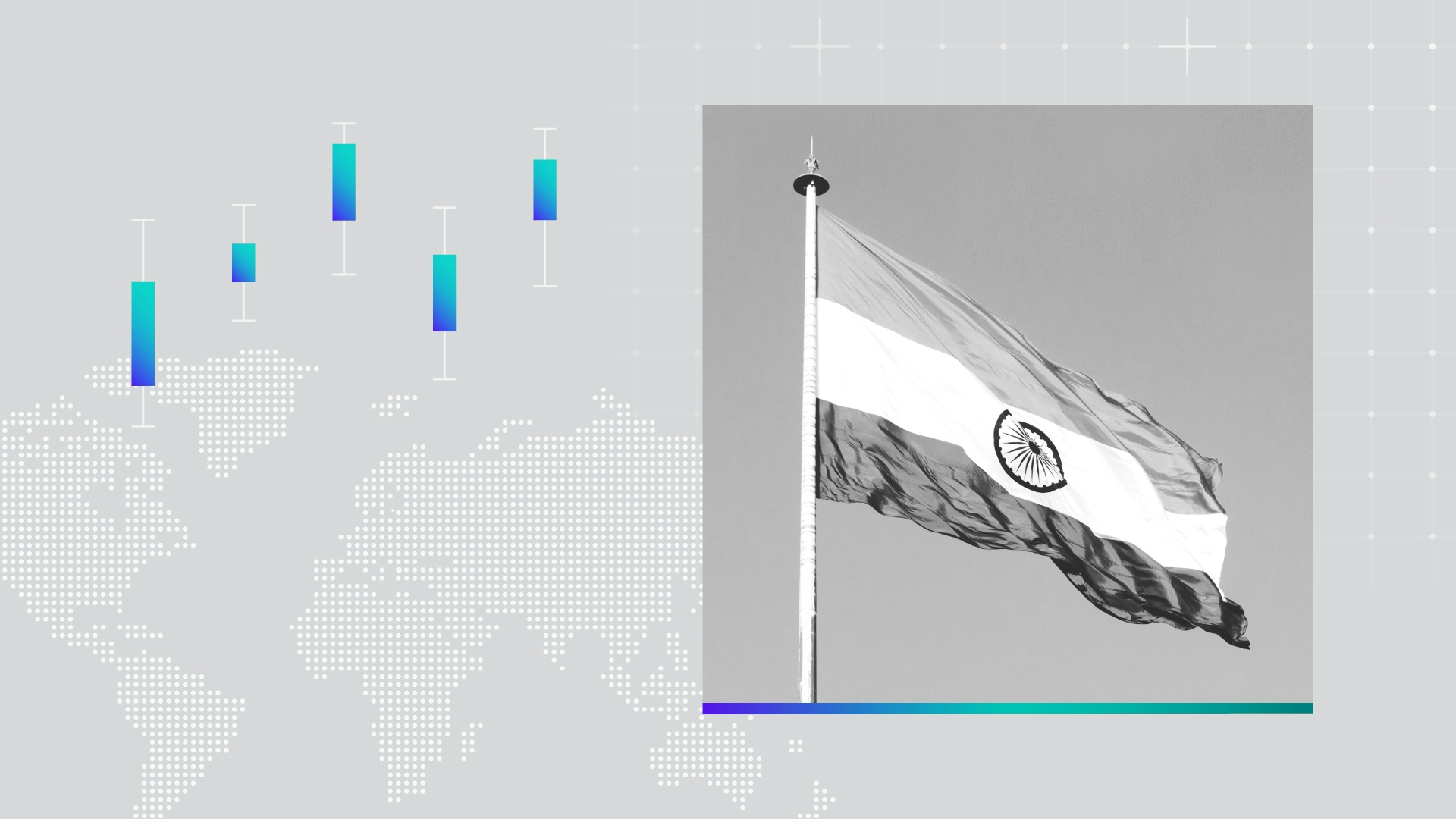Indian Consumer Boycotts Are a Growing Threat for U.S. Brands

This memo comes from Counter/Consensus, Morning Consult's biweekly briefing that leverages our global analysis and Political Intelligence data to spotlight counter-consensus takes on major (geo)political developments, and affirm consensus views on issues for which data has been scarce in public discourse or otherwise adds value.
The briefing is intended to facilitate corporate scenario planning, market and asset price forecasting, and public sector decision-making. Clients are welcome to reach out directly with questions.
You can subscribe here.
Up until quite recently, the Indian public was sanguine about the Trump administration, maintaining very favorable views of the United States even as its reputation slumped around the globe.
But with the imposition of 25% tariffs on Indian imports in mid-July, favorable views of the United States among Indians began sliding. Then, when Trump doubled those tariffs on Aug. 6 — a development linked to India’s purchases of Russian oil — views of the United States among Indian adults slid to tracking lows.
Those developments haven’t come without the risk of collateral damage for American companies operating there.
Since April, we have simultaneously asked consumers whether they are reducing their spending with U.S. brands as a result of U.S. tariff policy on a daily basis, both in India and in about a dozen other countries. While not a massive shift, we have seen the share of Indian consumers saying they are doing so “a lot” creep up in tandem with worsening views of the United States.

If we want to look at this as a “glass half-full” situation, we could highlight that the share of Indians prone to boycotting U.S. brands has only risen by about 6 percentage points since the tariffs were doubled. A more pessimistic view is that in a country of over 1.4 billion people, this means there are over 80 million potential consumers who are now more negatively disposed toward U.S. brands.
The impact won’t be evenly distributed among industries, of course. Many U.S. service companies are major employers in India, and as such, should be more resilient to boycott risks. Additionally, there are major differences in which industries tend to be viewed globally as more or less American, as detailed in our research on country affinity. But a further deterioration of relations with New Delhi will increase the risk of collateral corporate damage.
Sonnet Frisbie is the deputy head of political intelligence and leads Morning Consult’s geopolitical risk offering for Europe, the Middle East and Africa. Prior to joining Morning Consult, Sonnet spent over a decade at the U.S. State Department specializing in issues at the intersection of economics, commerce and political risk in Iraq, Central Europe and sub-Saharan Africa. She holds an MPP from the University of Chicago.
Follow her on Twitter @sonnetfrisbie. Interested in connecting with Sonnet to discuss her analysis or for a media engagement or speaking opportunity? Email [email protected].